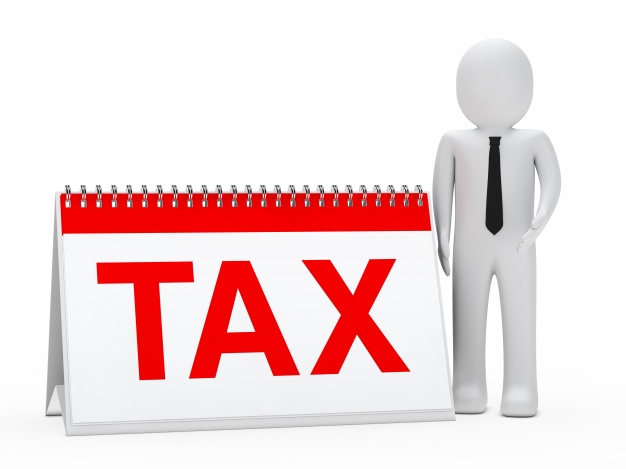Did You Know You Have To Pay Tax On Vacant Property
January 2018
Pune
Did you know you have to pay income tax on vacant property too? Read on…
Across the world, property ownership is seen as an investment. But most of us don’t realise that this ownership comes at a price. If you own more than one built-up premise, you are expected to pay income tax on all your properties except for the self-occupied one. Under the Income Tax Act, 1961, a person's gross income is calculated on the basis of 'salary income', 'income from house property', 'business income', 'capital gain' and 'income from other sources'. "Under the head 'income from house property', the tax is levied not on rent but on the potential of the premises to yield income for the owner. Here taxation is on a notional basis, which is based on the annual value of the property," says chartered accountant Suresh Surana, Founder, RSM Astute Consulting Group.
"Where the let-out property is vacant for a part of the year and owing to vacancy, the actual rent is lower than the expected rent, then the actual rent will be the gross annual value of the property," explains Surana. Calculation of this ‘income from house property’ is done in the same manner as letout property. That means interest is deductible without any limit.
Exemption for self-occupied property
In case of self-occupied property, no tax is charged on a notional basis. "Even stamp duty, registration fee and other expenses for the purpose of transfer of such property are also eligible for deduction under Income Tax Act’s Section 80C," says Surana. So, if you own one house and live in it, you are not liable to pay any tax but if you own more than one built-up premises (not land), "you can choose, which property should be considered for nil taxation."
"Under the provisions of the Income Tax Act, a taxpayer can choose the property he wishes to show as 'self-occupied'. A smart move is to first determine the net value of all the properties you own and then choose the one with the highest annual value as selfoccupied," says Chandigarh-based chartered accountant Manjeet Chahal.
A property owner can cut his tax liability by buying a property in a joint ownership with one of the family members so that the income from the house property can be split among the co-owners, thereby, trimming the overall tax outgo. "If you already own a property, it is better to buy the new property in your spouse's name. Both of you would have only one house in your names, which will help trim your tax liability," adds Chahal.
Read all Real Estate / Property Articles
To Know about Property Investment In Thane Contact Us at 022 2580 6868
Source: magicbricks.com


